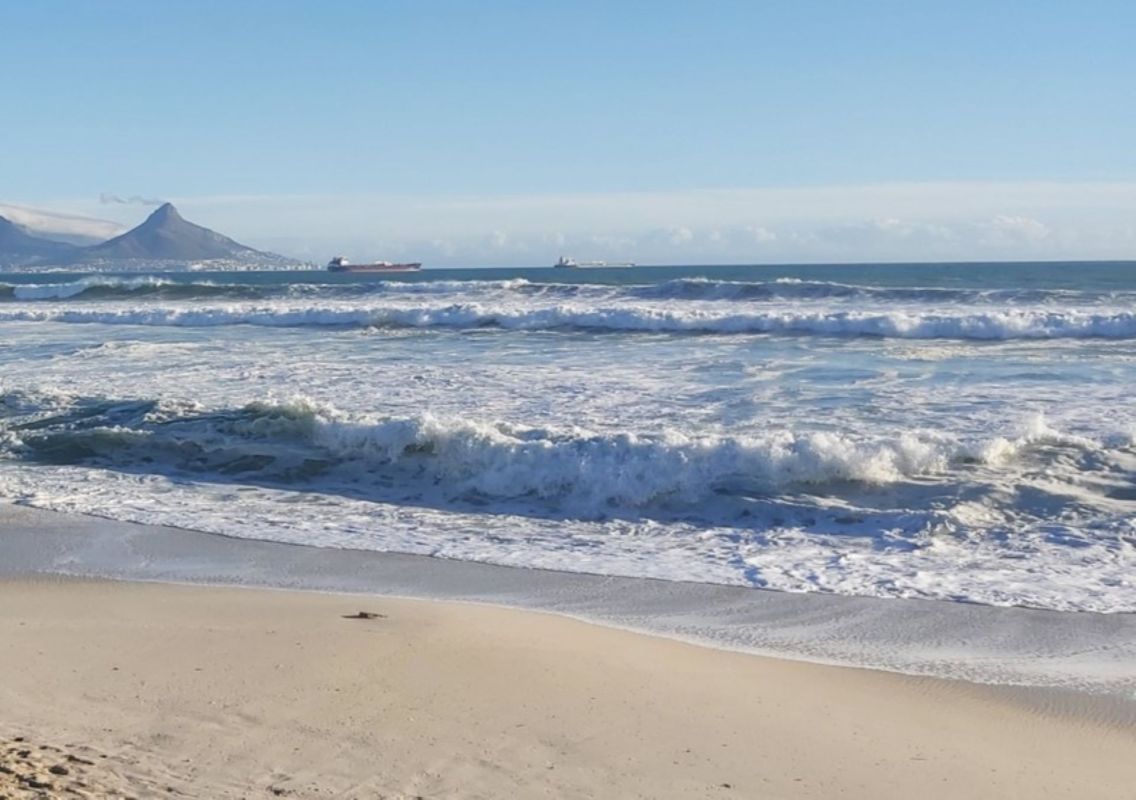In a remarkable turn of events, the De Winton's golden mole, believed to be extinct for over 86 years, has been rediscovered in the dunes near Port Nolloth, South Africa.
This discovery, made possible by a border collie named Jessie and reported by the Guardian, is reigniting discussions about biodiversity and conservation. The incredible capabilities of dogs, from uncovering hidden species to finding missing artifacts, continue to affirm their status as not just man's best friend but also as indispensable guardians of our natural world.
The mole, which hadn't been seen since 1937, owes its survival to its unique "sand-swimming" ability, a trait that helped it evade detection for decades. TikTok creator @thatgoodnewsgirl covered the story with a video showing footage of the mole's maneuvering.
@thatgoodnewsgirl It turns out this mole isn't extinct, it's actually just timid and spends most of its time out of sight, so we hadn't seen one for nearly a century. But now, a population of the blind De Winton's golden moles has been confirmed in South Africa, thanks to a border collie named Jessie and her teammates at the Endangered Wildlife Trust. 📸 Endangered Wildlife Trust / BBC #mole #goldenmole #endangered #wildlife #goodnews #positivecontent ♬ original sound - jenn💜 good news & fun stories
Jessie, trained to detect the scent of golden moles, played a crucial role in the discovery. The conservation team collected soil samples where Jessie indicated, and they used environmental DNA, often called eDNA, techniques to confirm the mole's presence.
This finding is significant because of the mole's rarity and for what it represents in the broader context of environmental conservation.
The De Winton's golden mole is a living example of resilience and adaptability. Its survival in a changing world highlights the importance of continued conservation efforts, particularly in non-protected areas like Port Nolloth, which face threats from activities like diamond mining.
"It was very exciting to be part of a team looking for lost species. The cherry on the cake is finding one," said Esther Matthew, a field officer at the Endangered Wildlife Trust, in the Guardian report.
The year 2023 has had some remarkable rediscoveries in the natural world, with De Winton's golden mole in South Africa and Attenborough's long-beaked echidna in Indonesia both reemerging after several decades. These unexpected findings underscore the resilience of nature and the vital importance of ongoing conservation efforts.
"Though many people doubted that De Winton's golden mole was still out there, I had good faith that the species had not yet gone extinct," said Cobus Theron, an EWT staffer who was part of the search team, in the Guardian report. "We have tapped into this eDNA frontier where there is a huge amount of opportunity — not only for moles but for other lost or imperilled species."
This collaboration between technology and nature's own tools could pave the way for more such discoveries in the future, redefining our approach to preserving endangered species and their habitats.
Our constantly increasing global temperatures have been one of the biggest threats to the survival of many species in recent years, especially those whose own survivability or that of their food sources could be considered fragile within a specific climate.
The United Nations has identified global heating as the primary cause of biodiversity loss. Earlier this year, 21 species were removed from the endangered species list because they were declared extinct.
This story is a powerful reminder of the unseen wonders of our natural world and the critical need to safeguard the habitats of such unique species.
Join our free newsletter for weekly updates on the coolest innovations improving our lives and saving our planet.









